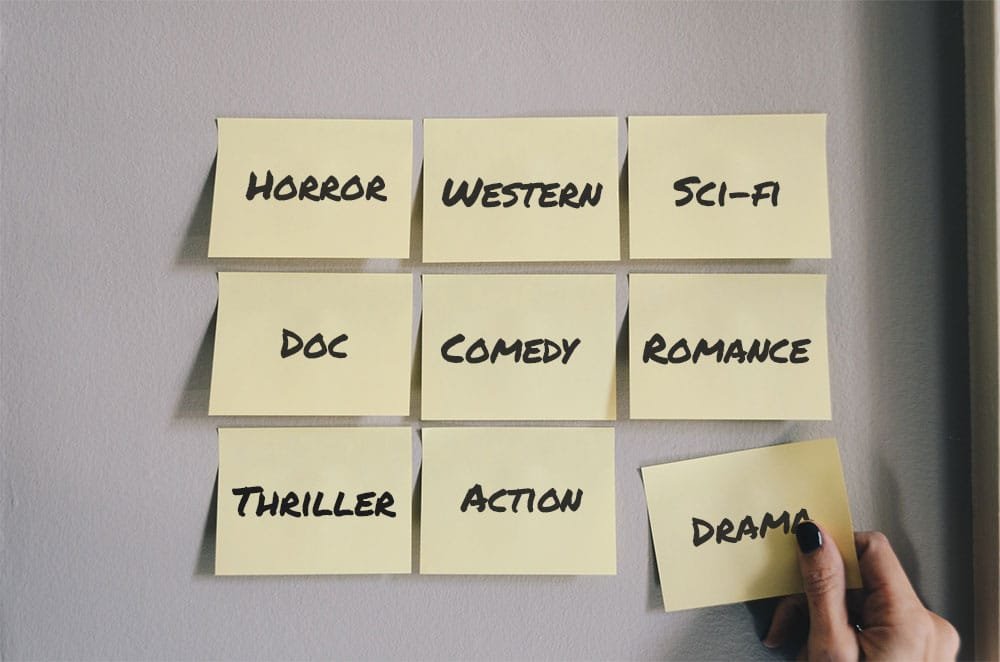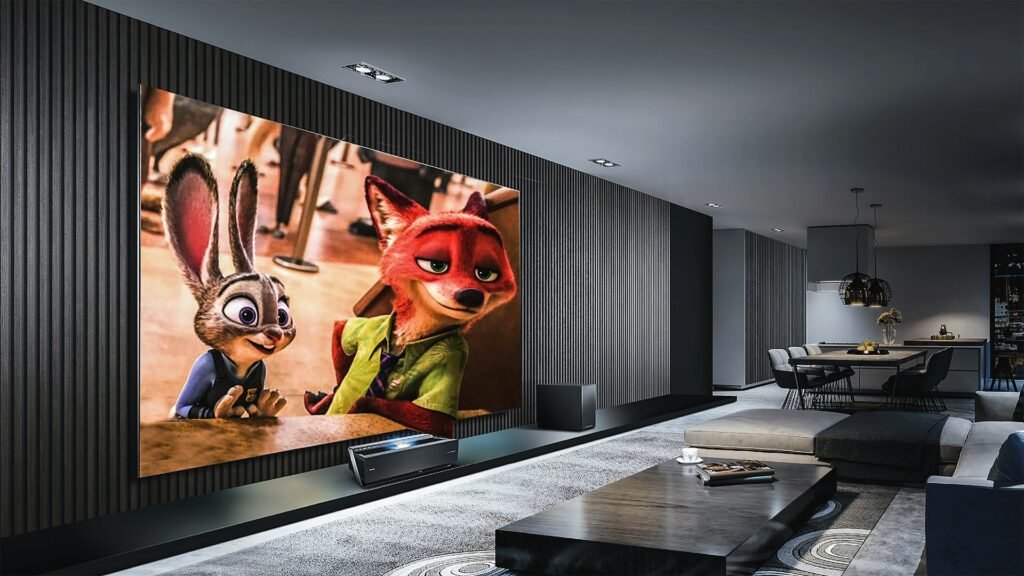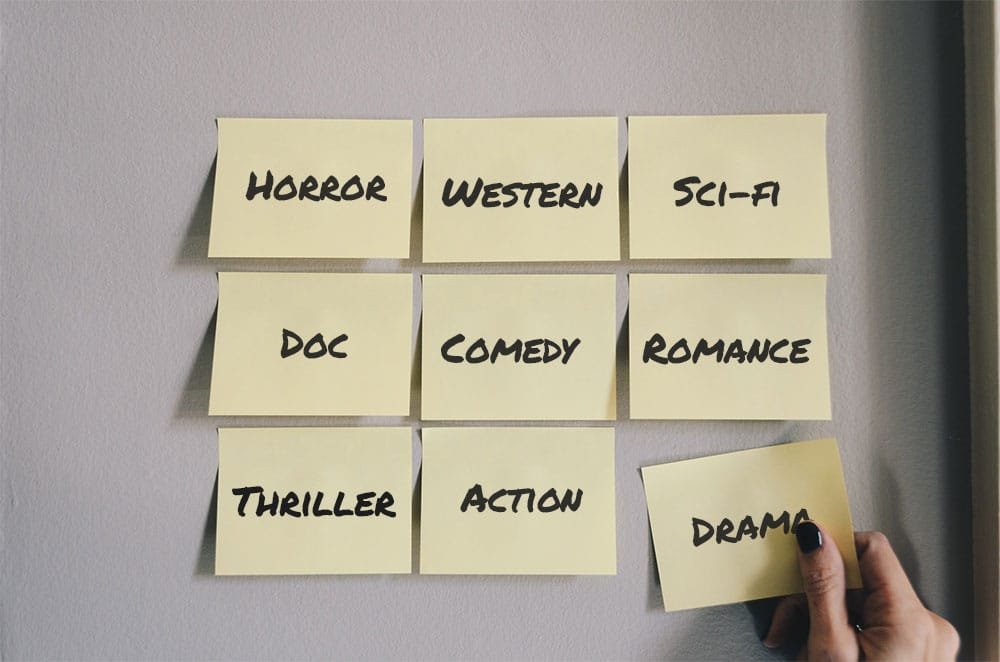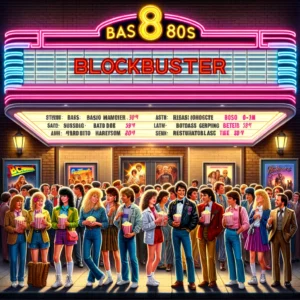Unlock the secrets to crafting unforgettable movie ideas with our comprehensive guide. From original storytelling and character development to genre-specific inspiration and scriptwriting tips, ignite your creativity and embark on a journey to cinematic success.
The magic of filmmaking begins with a single spark—a unique idea that can grow into an unforgettable cinematic experience. In this ever-evolving industry, the quest for originality and innovation remains at the forefront of every creator’s mind. This guide is crafted to fuel your imagination, offering a diverse palette of movie ideas that span various genres and themes. Whether you’re drafting your first screenplay or seeking inspiration for your next directorial venture, we’re here to light the path to your creative breakthrough. Let’s embark on this journey together, exploring the boundless possibilities that await in the realm of movie ideas.
Understanding the Elements of a Great Movie Idea
Originality in Storytelling
In the quest for a compelling narrative, originality is your most powerful ally. It’s about breaking molds, challenging norms, and presenting stories that offer audiences something they haven’t seen before. Think of movies like “Inception,” with its intricate exploration of dreams within dreams, or “Get Out,” which blends social commentary with horror in a way that had never been done before. These films stand as testaments to the power of originality, captivating audiences worldwide and sparking conversations long after the credits roll. To forge a path of your own, consider what perspectives, stories, or themes have been underrepresented or untold. How can you weave these elements into your movie idea to create something truly groundbreaking?
Relatable Characters
Relatable characters are the heartbeat of any story. They serve as the bridge between the audience and the narrative, making the joys, sorrows, and struggles on screen feel personal. Crafting characters that resonate with viewers requires a deep understanding of human nature, empathy, and the nuances that define individual experiences. Take, for example, the enduring appeal of characters like Forrest Gump or Ellie from “Up.” Despite their vastly different stories, both characters connect with audiences through their authenticity, vulnerabilities, and growth. As you develop your movie idea, invest time in building characters that reflect the complexity of real life—characters who think, feel, and dream as we do.
Engaging Plot Twists
A well-crafted plot twist can elevate your movie idea from good to unforgettable. It’s the moment that shifts perceptions, revealing hidden truths or altering the course of the narrative in an unexpected way. The key to a successful plot twist lies in its ability to surprise the audience while remaining coherent within the story’s world. Consider the shock of “The Sixth Sense” reveal, or the cunning deception in “The Prestige.” These twists not only serve as pivotal moments in their respective films but also enhance rewatchability, as viewers return to see what clues they missed. When plotting your twist, think about how it can add depth to your characters or themes, and ensure it aligns with the story’s internal logic for maximum impact.
Genre-Specific Movie Ideas to Inspire You

Science Fiction
Science fiction offers a boundless canvas for exploring complex themes through speculative storytelling. Imagine a future where artificial intelligence has surpassed human intelligence, not to dominate but to care for humanity. In this world, an AI designed to prevent loneliness faces its own existential crisis, questioning the meaning of companionship and existence. This movie idea not only presents a fresh take on the AI narrative but also delves into themes of loneliness, connection, and the essence of being. As you explore science fiction, consider how technology and future societies can reflect on our current human condition, challenging viewers to think critically about the direction we’re headed.
Romance
Romance, as a genre, has the unique power to explore the myriad forms love can take, transcending boundaries and expectations. Picture a love story set against the backdrop of a world where memories can be shared or transferred. Two individuals, from starkly different backgrounds, find themselves inexplicably drawn to each other through a series of shared dreams and memories. This setup not only offers a fresh twist on the concept of soulmates but also allows for a deep dive into themes of identity, memory, and the universal search for connection. As you craft your romance movie idea, think about how love can be a lens through which broader societal issues and personal dilemmas are explored, making the personal universal.
These expanded sections provide a richer, more detailed exploration of the initial concepts, embedding the keyword “movie ideas” naturally and offering tangible insights and examples to spark creativity in filmmakers and scriptwriters. Continue to build on this foundation, ensuring each section is equally informative and engaging to create a comprehensive guide that both educates and inspires your audience.
How to Develop Your Movie Idea
Turning a spark of inspiration into a fully-fledged movie idea is a journey of exploration, creativity, and refinement. Here’s how to navigate this path:
Research and Inspiration
The foundation of every great movie idea is thorough research and a broad pool of inspiration. Delve into books, documentaries, and films that touch upon similar themes or settings as your concept. For instance, if your movie idea involves a dystopian future, study existing works in the genre not just for what they depict but how they resonate with audiences. Pay attention to real-world issues that mirror your themes, as authenticity adds depth to your narrative. Inspiration can also come from less obvious sources—art, music, photography, and even personal experiences can provide unique angles and emotional textures to your story. Remember, the goal is to imbue your movie idea with both originality and relatability, making it a reflection of not just a single thought but a mosaic of influences.
Writing Your First Draft
Drafting the first version of your script is where your movie idea begins to take tangible shape. Start with an outline that sketches the main plot points, character arcs, and thematic elements. This framework will guide you as you flesh out scenes, dialogue, and detailed descriptions. Don’t be daunted by the expectation of perfection in the first go; the initial draft is more about exploration and laying down the bones of your story. Focus on building a coherent narrative flow, ensuring that each scene moves the story forward. Characters should evolve, and themes should become clearer as the plot progresses. This stage is also about discovery—be open to new ideas and directions as they emerge. The first draft is not the end but the beginning of refining your movie idea into a compelling screenplay.
Seeking Feedback and Iterating
Once your first draft is complete, seeking feedback is crucial to the development process. Share your script with trusted colleagues, mentors, or a writers’ group—preferably individuals who can offer constructive criticism and insights. Be receptive to their suggestions, but also filter feedback through your vision for the movie. It’s important to distinguish between changes that enhance your story and those that may dilute your original idea. Use the feedback to revise and refine your script, focusing on strengthening character development, plot coherence, and thematic depth. This iterative process may require several rounds of feedback and revision but is essential for honing your movie idea into a script that is both engaging and polished.
Case Studies: Successful Movies Born from Unique Ideas
Examining case studies of successful films can provide valuable lessons in creativity and execution. Consider “Parasite” by Bong Joon-ho, a film that deftly blends genres to explore themes of class disparity and social stratification. Its unique approach to storytelling and its ability to resonate with a global audience led to unprecedented international acclaim. Another example is “Eternal Sunshine of the Spotless Mind,” which combines elements of science fiction and romance to explore memory, love, and identity. These films exemplify how innovative movie ideas, coupled with masterful execution, can captivate audiences and critics alike. Analyzing such successes can offer insights into the creative process, from the germination of a unique concept to the intricacies of bringing that vision to the screen.
Tools and Resources for Screenwriters and Filmmakers
To translate your movie idea into a screenplay and eventually into a film, leveraging the right tools and resources is essential:
Shop On Amazon
Movie Making Items Movie Making Cameras

Scriptwriting Software
Software like Final Draft, Celtx, and WriterDuet can streamline the writing process, offering features tailored to the needs of screenwriters, such as formatting, note-taking, and collaboration tools. These platforms not only help in organizing your ideas but also ensure your script meets industry standards.
Workshops and Courses
Participating in workshops and courses can significantly enhance your scriptwriting skills. Institutions like the Sundance Institute, the Screenwriters’ Lab, and online platforms offer programs that cover everything from narrative structure to character development. Networking with fellow writers and industry professionals can also provide support, inspiration, and potential collaboration opportunities.
Embarking on the journey to develop and refine your movie idea is both challenging and exhilarating. By embracing originality, building relatable characters, and engaging your audience with unexpected plot twists, your concept has the potential to grow into a compelling screenplay and, eventually, a captivating film. Remember, every great movie began as a mere idea. With dedication, creativity, and the right approach, your movie idea could be the next to capture the hearts and minds of audiences around the world.
Read On The Best Home Theater Decor






